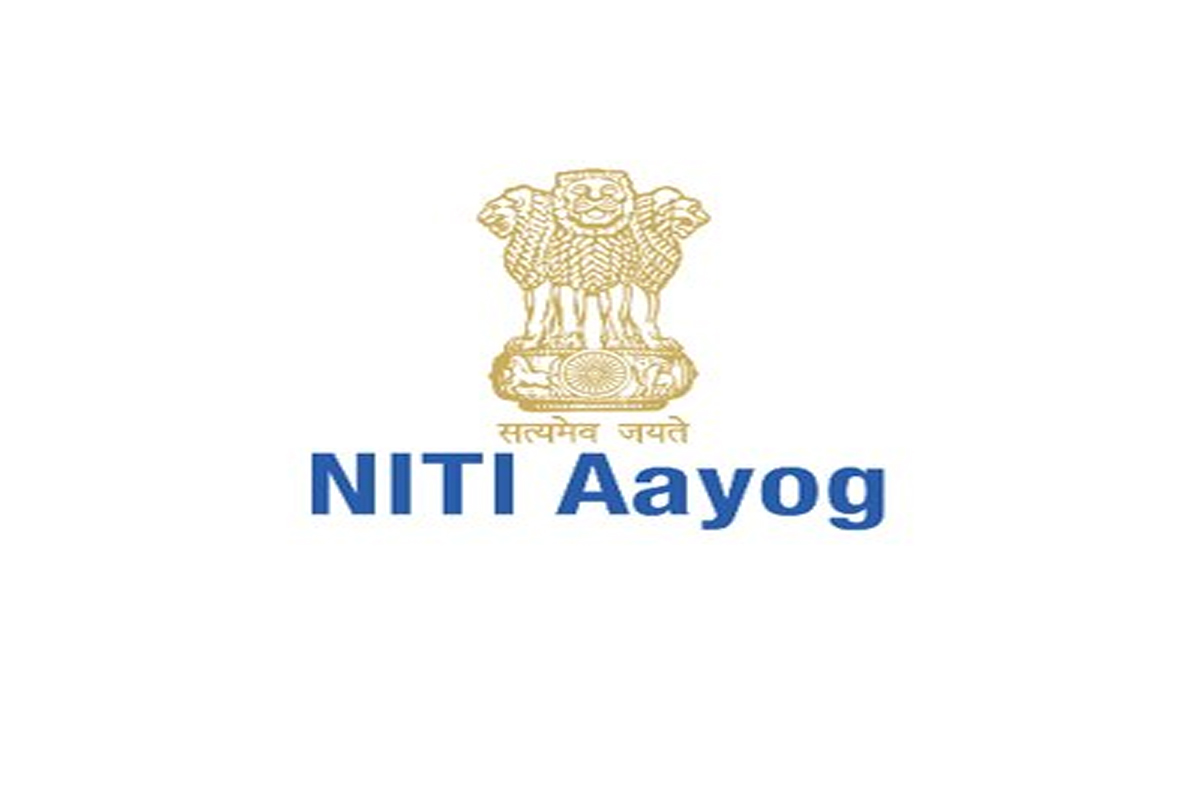Boon or Bane?
After the disastrous electoral consequences of Sanjay Gandhi’s infamous population control experiments of the Emergency era, all Governments fought shy of taking any measures for controlling our burgeoning population.
As Chairman of NITI Aayog, Prime Minister Narendra Modi will preside over the meeting.

Photo: X (@NITIAayog)
NITI Aayog will be organising its 8th Governing Council meeting on the theme of ‘Viksit Bharat @ 2047: Role of Team India’ on 27 May at the new Convention Centre in Pragati Maidan, New Delhi.
Eight key themes will be discussed during the day-long meeting including Viksit Bharat@2047, Thrust on MSMEs, Infrastructure and Investments, Minimising Compliances, Women Empowerment, Health and Nutrition, Skill Development, and Gati Shakti for area development and social infrastructure.
Advertisement
The meeting will see the participation of Chief Ministers and Lt Governors of all States and Union Territories, Union Ministers as ex-officio Members, and the Vice Chairman and Members of NITI Aayog. As Chairman of NITI Aayog, Prime Minister Narendra Modi will preside over the meeting.
Advertisement
As a preparatory prelude to the meeting, the 2nd chief secretaries conference was held in January where these themes were extensively discussed. Wide-ranging stakeholder consultations and brainstorming sessions with subject experts, academia and practitioners were held prior to the Conference in order to gain well-rounded grassroot-level perspectives.
The 2nd Chief Secretaries conference, attended by the Prime Minister, brought together select Secretaries from the Government of India and Chief Secretaries from all States/UTs who proactively participated by sharing thematic best practices and policy insights.
As the world’s fifth-largest economy and the most populous nation, India is at a stage in its economic development trajectory where it can achieve accelerated growth over the next 25 years.
In this context, the 8th Governing Council meeting provides an opportunity to create a roadmap for Viksit Bharat by 2047 in which the Centre and the states can work together as Team India. This will play an important role in the international context as India’s socioeconomic growth and transformation can have a positive and multiplier effect on the world at large.
This meeting is also being held in the backdrop of India’s G20 Presidency. India’s G20 motto ‘One Earth, One Family, One Future’ conveys its civilisational values and its vision of the role of each country in creating the future of our planet.
The emerging world has immense hopes for India’s ability to provide values-based leadership and its capacity to deliver development at scale. The Centre and the states have played a significant role in achieving this distinctive development trajectory.
Advertisement